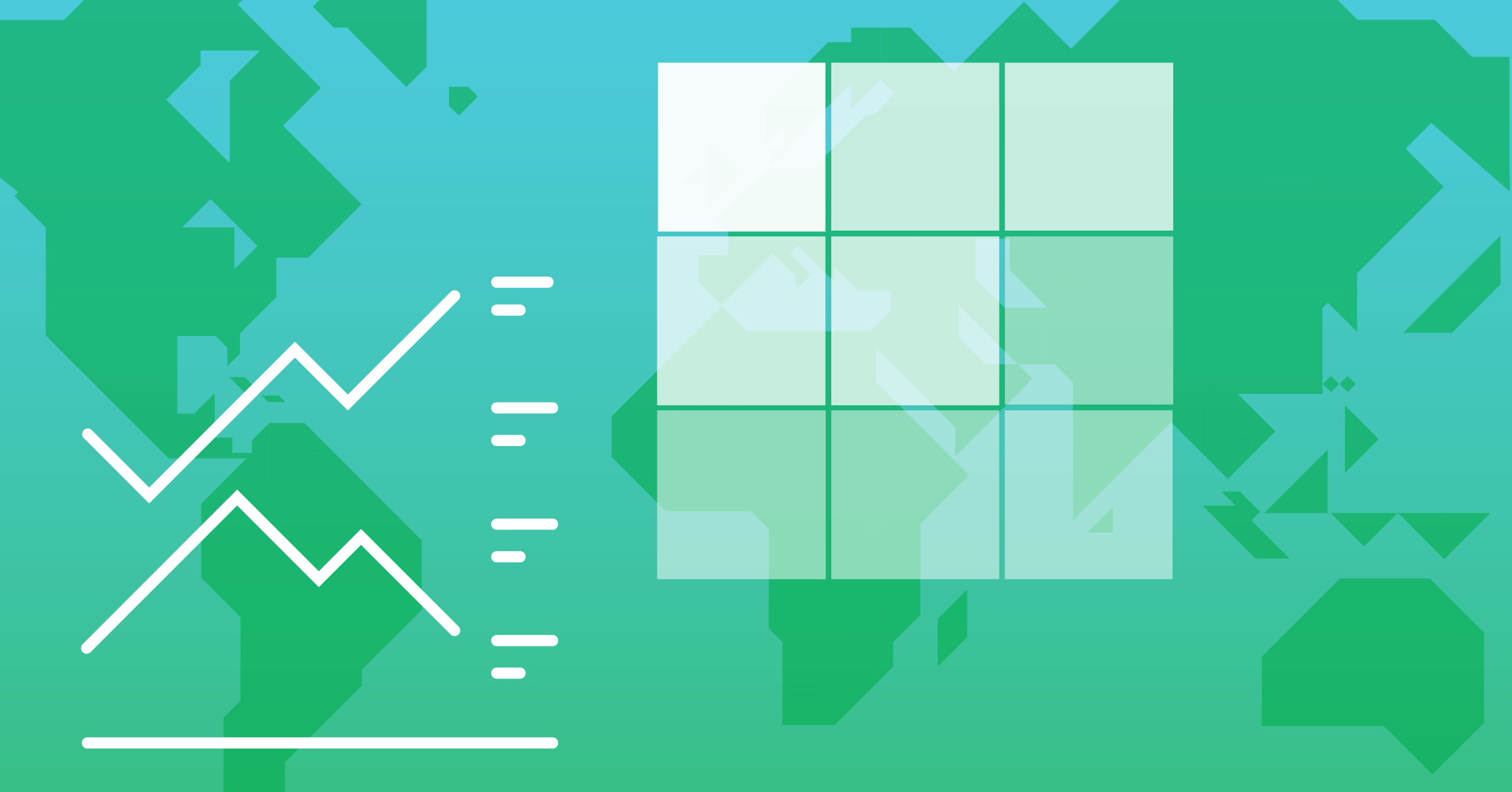
Is Canadian housing going through a crash, or preparing one, as news reports could lead us to believe? Quite unlikely.
In the recently overheated Vancouver housing market, home sales dropped 45.5% according to the Real Estate Board of Greater Vancouver (REBGV). Rather troubling at first glance, that piece of news loses a lot of its edge when considering the composite benchmark price for all residential properties in Metro Vancouver is currently $1,148,900, which “represents a 2.1 percent increase from October 2021, a 9.2 percent decrease over the last six months, and a 0.6 percent decrease compared to September 2022,” states the REBGV report.
Royal Bank of Canada also produced a seemingly disturbing piece stating that “Canadian net wealth will fall at the fastest pace in decades.” The bank adds that $900 billion in wealth has been lost as housing markets retrench under the weight of rising interest rates and weakening financial markets, and it expects losses to net wealth to total $1.6 trillion in quarters ahead. However, RBC does offer some perspective: Canadians amassed $3.9 trillion in net wealth during the pandemic. So, if the bank’s projections prove correct, when the dust settles, household wealth will still be ahead by about $2.3 trillion.
Hard, but Healthy
“It’s quite clear that we have an important slowdown,” notes Jean-François Perrault, chief economist and first VP at National Bank of Canada. “We’ve seen a relatively important fall in prices: between 10% and 15% compared to February 2022, he continues. And we expect a total retrenchment of 20% to 25%.”
Granted, that’s tough, but not appalling. If such a retrenchment happens, “we will still be at the level of mid-2021 prices, Perrault adds, a time when most considered that prices were very high.” This downturn is happening at a moment when “affordability is challenging and home prices have been increasing faster than wage growth,” highlights Brian Bernard, Director of Industrial equity research at Morningstar.
In the U.S., where the housing market was not as overheated as in Canada, Bernard sees a correction that won’t be more severe than 8% by 2025. “If rates fall to 4.5%, affordability could get back to its long-term average,” he says. In Canada, by the second quarter of 2022, the NBC housing affordability index rose 123 basis points, increasing mortgage payments by 14.4%, or $500 a month. But now, predicted the NBC note, a decline of 10% in home prices combined with a stabilization of the benchmark 5-year mortgage rate “should improve affordability before year-end”.
“The ongoing price adjustments are necessary and healthy,” Perrault believes, “If a sector as sensitive to interest rates as residential housing did not react to rate hikes, it would mean that the Bank of Canada would have to push them up even higher!”
Factors Holding Prices Up
On the one hand, declining prices are improving housing accessibility, but on the other, homeowners need not worry that their home value will plunge in a free fall. For prices are propped up by several substantial factors. First, there’s a persistent housing deficit in Canada as well as in the U.S. In Canada, Perrault evaluated it at 1.8 million homes one year ago, while the Canada Mortgage and Housing Corporation sets the deficit at 3.5 million, he points out. In the U.S., Bernard calculates that 3 million units are lacking, but some estimate it at 5 million he says.
Once again, that’s hard on home seekers who still must meet high prices, but on the side of homeowners, “I would say it supports price stability,” Bernard proposes.
Another factor buttressing home prices will be the strong influx of immigrants, which Ottawa wants to boost up to the unprecedented level of 1.5 million over the next three years. Some analysts consider such an influx won’t affect home prices for several years. “My guess is that most new immigrants will… not have cash or enough savings to go and start buying homes,” says Murtaza Haider, Director of the Urban Analytics Institute at Toronto Metropolitan University. “I don’t expect them to exert pressure on housing prices as much, he continued, but more so on the rental demand.” He considers that it “takes about two to three years for new immigrants to become active in the ownership cycle.”
Perrault recognizes, as Haider claims, that new immigrants don’t impact the ownership cycle before two to three years but believes them renting still has an impact on prices. “Whether newcomers want to buy or rent changes nothing,” he asserts, “Somebody will buy an apartment building to rent it to them,” exerting pressure on existing prices.
Rate Hikes Not Breaking the Bank
Also, default rates are “very-very low at all banks, even declining,” Perrault adds. Sure, people pay more for their mortgage, but it hasn’t translated into more defaults. “It’s part of the more demanding mortgage eligibility requirements that were put in place and which made sure that people were able to repay their mortgage,” he says.
Finally, an even more important factor supporting home prices is the exceptionally strong job market. “As long as it doesn’t change,” Perrault points out, “we can think that prices will hold.”









.jpg)










